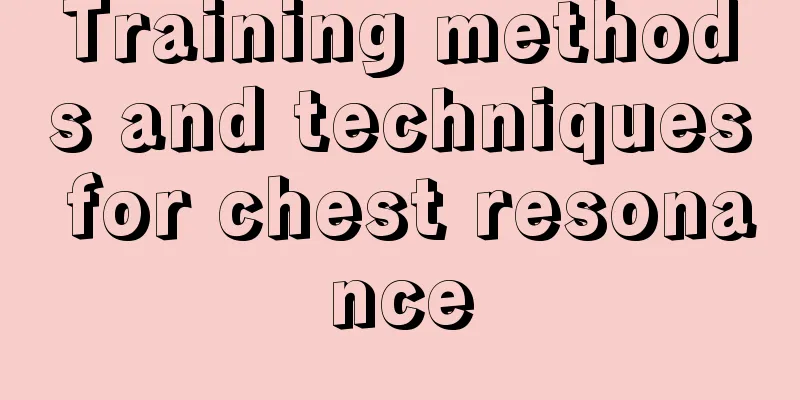What are the effects of bubbles in the infusion tube and how to prevent them?

|
Infusion is a treatment method used when people encounter severe inflammation in the body. This method allows the drug to follow the blood and reach the diseased sites throughout the body at the fastest speed, allowing the patient to recover as soon as possible. The tools used for infusion are special medical tools. Some people have experienced bubbles in the infusion tube during infusion. So, what are the effects of bubbles in the infusion tube and how to prevent it? Effects of air bubble injection into veins on the human body: If a small amount of bubbles are injected into the vein, they can enter the right heart with the venous blood flow, enter the pulmonary artery, and finally reach the pulmonary capillaries. Since the partial pressure in the bubbles is greater than the partial pressure in the alveoli, they can gradually diffuse through the alveoli and be exhaled and eliminated; a part of them is dispersed into the pulmonary arterioles and finally absorbed through the capillaries. It will not have too much adverse effect on the human body. If too much bubble is injected, it may cause sudden death of the patient in severe cases. Precautions: When dispensing medicine, inject the medicine from the liquid below the inverted bottle mouth. The action of sucking out the medicine should be gentle and slow. After dispensing, let the liquid stand for 2-5 minutes to allow the air mixed in the liquid to escape and dissipate in the liquid container. When inverting to vent, since the specific gravity of the gas is less than that of the liquid, the bubbles are free above the liquid, which can reduce the generation of bubbles during the infusion process. In order to avoid the generation of gas due to excessive temperature difference in the liquid, a certain amount of liquid should be prepared in the infusion room in winter and spring to keep the liquid temperature basically consistent with the temperature of the infusion room, and the low-temperature liquid of the infused patient should be replaced in time. The liquid should not be heated during the infusion process to avoid the continuous precipitation of bubbles as the temperature rises. At the same time, heating may also affect the efficacy of the medicine. When venting, try to avoid squeezing the Moffitt dropper. Turn the Moffitt dropper upside down so that the liquid level reaches 1/2-2/3 of the Moffitt dropper. Then turn the dropper upside down and slow down the flow rate of the liquid at the same time. This will allow small bubbles that enter the liquid surface of the dropper to float up, and avoid bubbles generated by the gas solution entering the hose below. During the infusion process, strengthen inspections and closely observe the infusion situation. If gas is found in the infusion tube, the "microbubbles" in the infusion hose should be promptly knocked out to avoid aggregation to form medium and large bubbles. Bubbles in the infusion tube, filter, and scalp needle hose should be dealt with at any time. |
>>: What is the procedure for intravenous infusion?
Recommend
The effect of Ganoderma lucidum on tumors
Ganoderma lucidum has been widely known as a magi...
What are the causes of pulmonary fibrosis?
The general public knows very little about pulmon...
How to care for small cell lung cancer
How to care for small cell lung cancer? Patients ...
Discover the clinical symptoms of melanoma as early as possible
Melanoma is highly malignant and metastasizes qui...
What tests are done to diagnose early lung cancer
Early stage lung cancer is a hidden disease, and ...
How long does it take for the formaldehyde to evaporate after the floor heating is turned on
Most people would not dare to move into their hou...
How to wash white clothes when they turn yellow? This works really well!
If white clothes are not stored properly, the col...
What is the reason for sudden wrist pain without injury?
The wrist is a relatively fragile joint in the hu...
What symptoms can distinguish melanoma from melanoma?
Most melanomas are caused by melanoma lesions, so...
What should I do if a mole breaks?
Moles are a condition in which there is an excess...
How to remove moles without leaving scars?
Everyone has more or less moles on their skin, ju...
The inner thigh becomes itchy when it gets hot
Some people always feel very itchy when the inner...
Understanding what hamartoma is
Hamartoma is a serious threat to our health. It i...
Can fibroids be completely cured?
Many patients who have suffered from fibroids and...
What can't you eat if you have uterine cancer
I believe that many people are familiar with endo...









